15 Foods that Help Lower Cholesterol
Cholesterol is a waxy substance found in your blood that is essential for building healthy cells. However, high levels of cholesterol can increase your risk of heart disease. Fortunately, there are many foods that can help lower cholesterol levels and improve overall heart health. In this article, we will explore 15 of these foods.
Oats
Oats contain a type of soluble fiber called beta-glucan, which can help reduce LDL cholesterol levels[[1]].
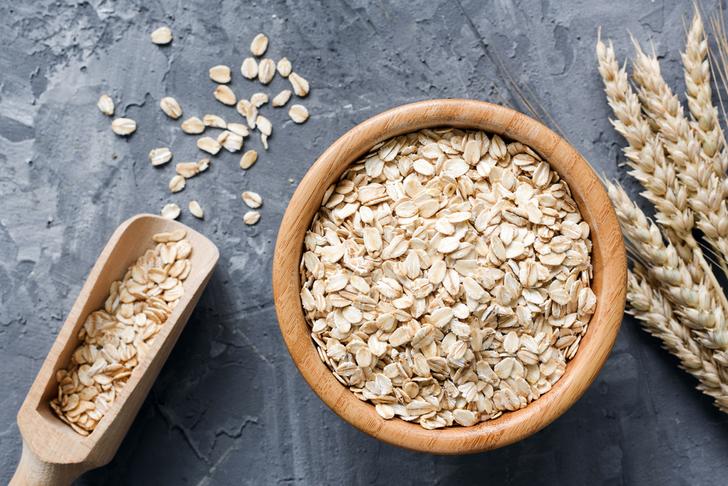
Advertisement
Barley
Like oats, barley is also rich in beta-glucan, making it an effective food for lowering cholesterol levels[[1]].
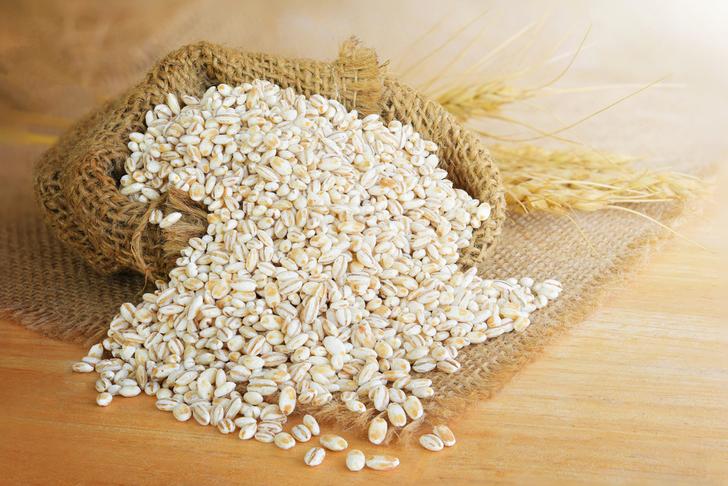
Advertisement
Beans
Beans are high in soluble fiber, which can help lower LDL cholesterol levels[[1]].
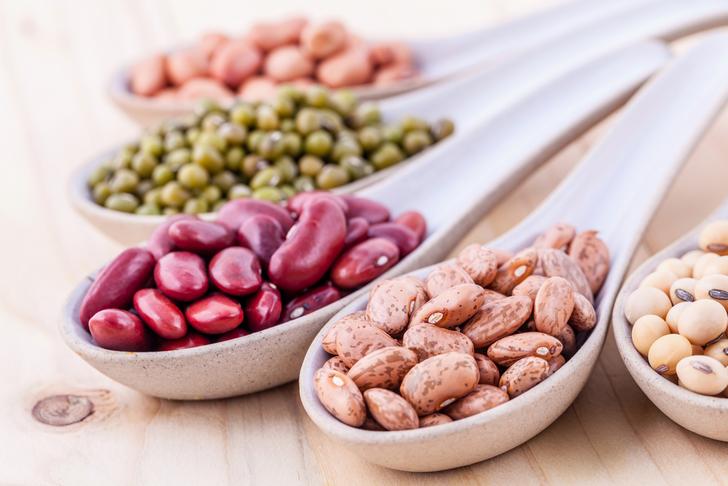
Advertisement
Nuts
Nuts, such as almonds and walnuts, can help lower cholesterol levels due to their high levels of healthy fats and fiber[[1]].
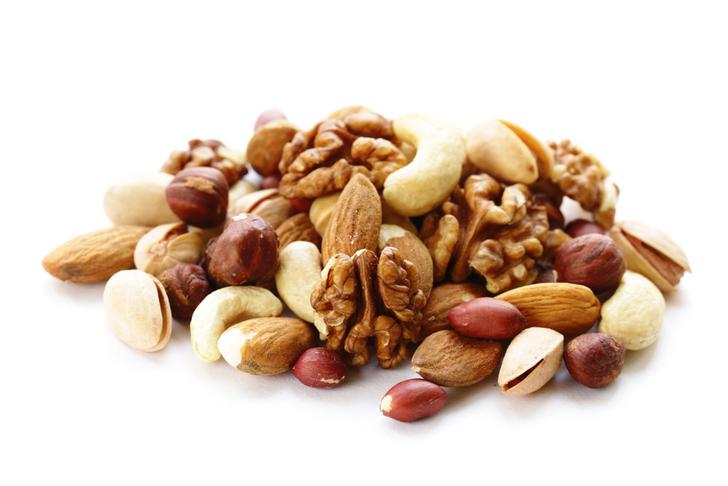
Advertisement
Olive Oil
Olive oil is rich in monounsaturated fats, which can help lower LDL cholesterol levels and reduce the risk of heart disease[[1]].
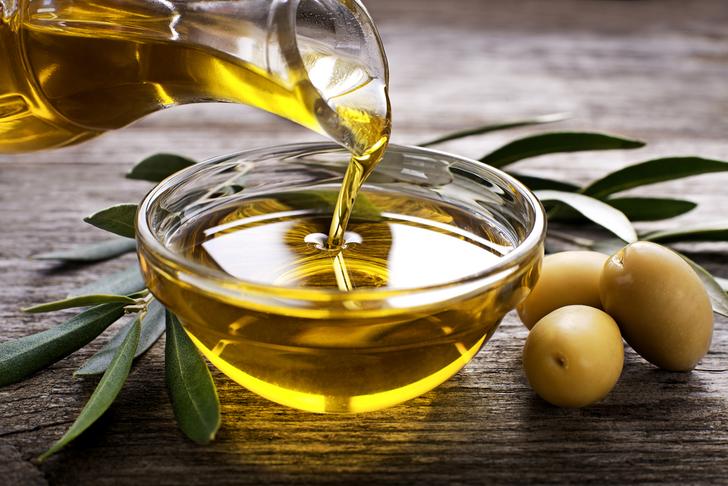
Advertisement
Fatty Fish
Fatty fish, such as salmon and mackerel, are high in omega-3 fatty acids, which can help lower LDL cholesterol levels and reduce inflammation[[1]].
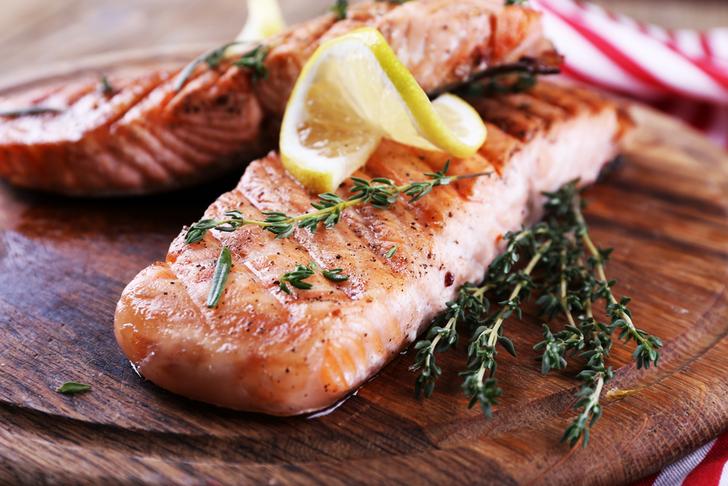
Advertisement
Avocado
Avocados are rich in monounsaturated fats and fiber, which can help lower cholesterol levels[[2]].
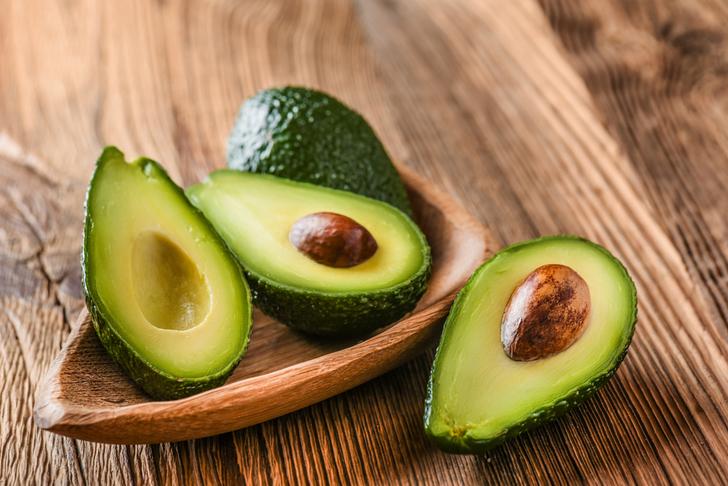
Advertisement
Soy
Soy-based foods, such as tofu and soy milk, can help lower cholesterol levels due to their high levels of protein and low levels of saturated fat[[2]].
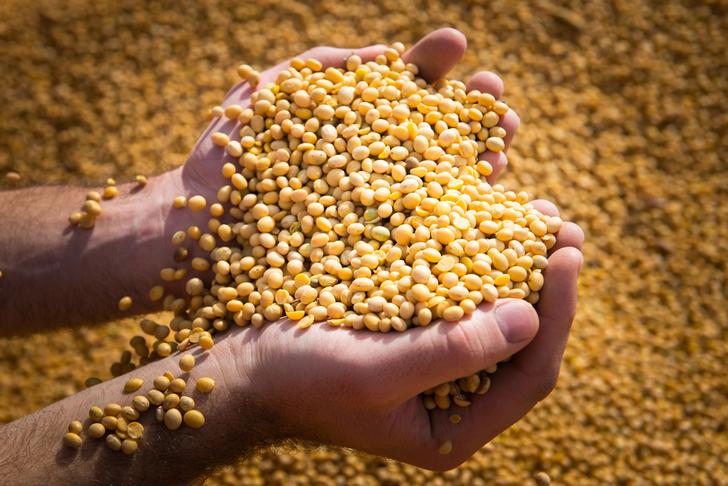
Advertisement
Garlic
Garlic contains compounds that can help lower cholesterol levels by reducing the production of cholesterol in the liver[[2]].
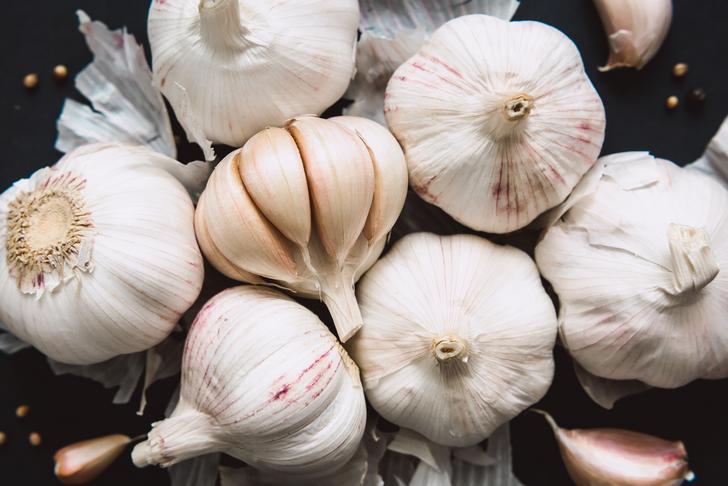
Advertisement
Dark Chocolate
Dark chocolate is rich in antioxidants, which can help lower LDL cholesterol levels and reduce inflammation[[3]].
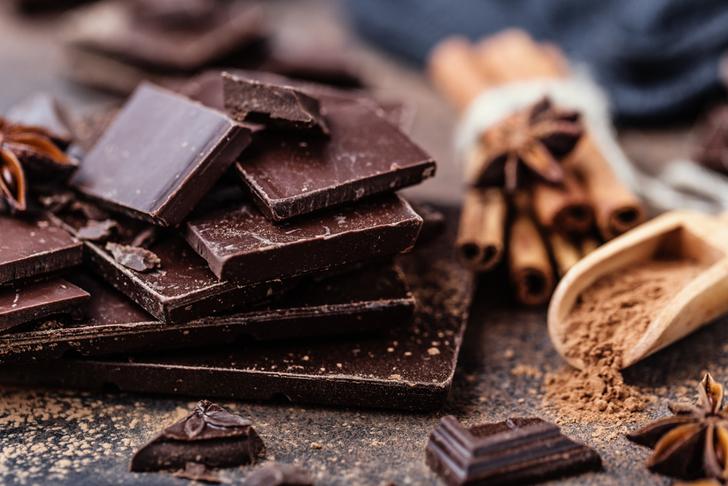
Advertisement
Green Tea
Green tea contains antioxidants called catechins, which can help lower cholesterol levels and reduce the risk of heart disease[[3]].
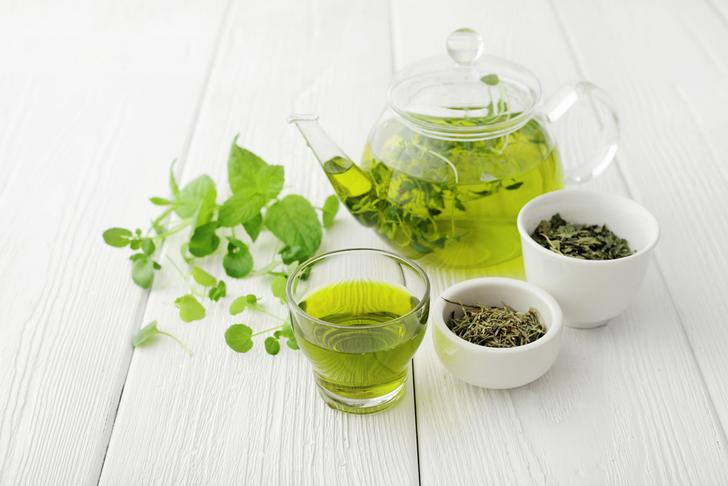
Advertisement
Red Wine
Moderate consumption of red wine can help lower cholesterol levels due to its high levels of antioxidants, such as resveratrol[[3]].

Advertisement
Tomatoes
Tomatoes are rich in the antioxidant lycopene, which can help lower cholesterol levels and reduce the risk of heart disease[[3]].
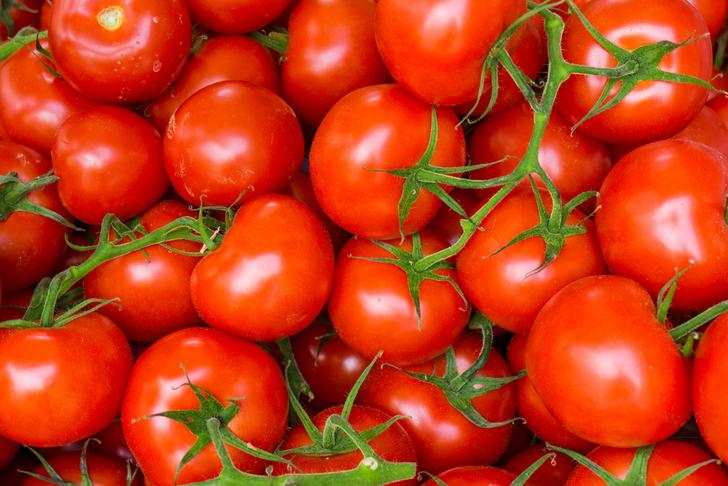
Advertisement
Spinach
Spinach is high in lutein, an antioxidant that can help lower cholesterol levels and protect against heart disease[[3]].
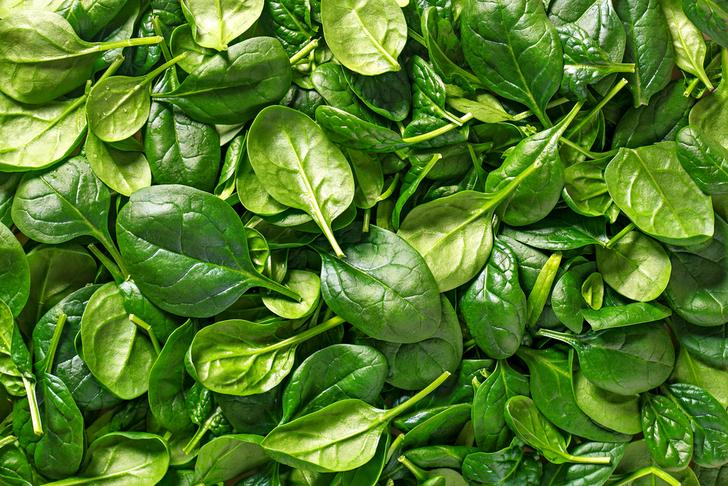
Advertisement
Flaxseeds
Flaxseeds are rich in omega-3 fatty acids and fiber, which can help lower cholesterol levels and reduce inflammation[[3]].
In conclusion, incorporating these 15 foods into your diet can help lower cholesterol levels and improve overall heart health. By making simple dietary changes, you can take control of your cholesterol levels and reduce your risk of heart disease.
Maintaining a healthy balance of cholesterol is essential for overall well-being. In addition to these heart-friendly foods, it’s important to note that a well-rounded and balanced diet goes hand-in-hand with regular physical activity to improve cardiovascular health further. Incorporating aerobic and strength training exercises can help increase good cholesterol (HDL) and decrease bad cholesterol (LDL) levels in the body.
Furthermore, regulating cholesterol levels continues beyond merely adding the right foods to your plate. It’s also essential to minimize the consumption of foods that increase LDL cholesterol and contribute to inflammation. These include processed foods, refined carbohydrates, sugars, and trans fats in fried foods and baked goods. Maintaining a healthy weight also plays an essential role in controlling cholesterol levels and reducing the risk of heart disease.
Cholesterol management isn’t only crucial for heart health and affects other health aspects. High cholesterol levels can sometimes lead to hyperlipidemia, which can cause fatty deposits in blood vessels and impair regular blood flow. Furthermore, high cholesterol increases the risk of developing arteriosclerosis, a stiffening of the arteries that can lead to a stroke or a heart attack.
Similarly, experiencing symptoms like chest pain, shortness of breath, or dizziness can indicate high cholesterol levels and indicate that it’s time to consult your healthcare provider. They can recommend appropriate lifestyle changes or prescribe medications like statins to help lower cholesterol levels if necessary.
In summary, it is essential to maintain a healthy lifestyle incorporating heart-healthy foods, regular exercise, and minimizing the consumption of harmful ingredients to keep cholesterol levels in check. Doing so can effectively reduce your risk of heart disease, strokes, and other related health complications. Remember that monitoring your cholesterol levels is a lifelong commitment, and seeking guidance from healthcare professionals is always beneficial.
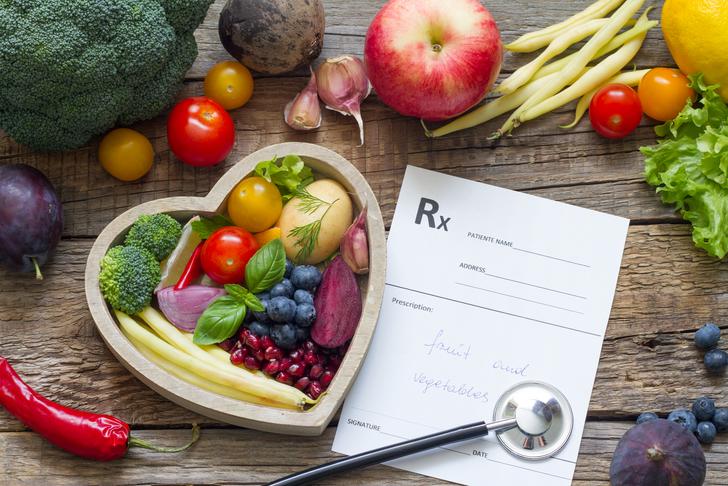
Advertisement





